Can Biden’s Administration Bridge the Political Divide?
Based on a random sampling of opinion, the 46th president may find it challenging to satisfy a politically divided country.
Dave Schechter is a veteran journalist whose career includes writing and producing reports from Israel and elsewhere in the Middle East.
Wednesday began the test of Joe Biden’s pledge “to be a president for all Americans,” those who voted for him and those who did not.
Based on an informal sampling by the AJT, Jewish Atlanta has a myriad of hopes for and concerns about the new administration, primarily in three areas: Israel/Middle East, health care/COVID and governance.

Eli Sperling is the Israel specialist for the Center for Israel Education at Emory University. In 2010, he was a graduate student at Tel Aviv University when Biden spoke there. He remembered Biden talking about “a new era of diplomatic engagement … revitalizing a partnership in education, science, technology, business, culture; because the best way to counter the lure of extreme ideology is to offer future opportunity.”
Today Sperling, who is also a postdoctoral associate at Duke University, “hopes to see the Biden administration put those ideals into practice, by building on recent diplomatic advances in the Middle East and working toward a final status peace agreement between Israel and the Palestinians, “despite the many extant challenges and roadblocks.” In recent months, with the aid of the Trump administration, Israel has established diplomatic relations with United Arab Emirates, Bahrain, Sudan and Morocco.

Rabbi Ilan Feldman of Congregation Beth Jacob was among several people who want to see the Biden administration — “even though they understandably have disdain for the Trump administration” — build on its successes, “particularly in foreign policy and specifically regarding Israel.”

Dan Israel, who also opposes the U.S. re-entering the Iran nuclear deal, offered an admittedly unlikely suggestion for Biden: “Ask [Secretary of State] Mike Pompeo to be the designated representative for peace deals between Arab countries and Israel. Biden claims that he wants to reach across the aisle. What better way to reaffirm to Christian conservatives and supporters of Israel that Biden remains committed to what Trump did between Israel and Bahrain, Sudan and the UAE. Granted, Pompeo may not bite, but such a gesture would also give Biden ‘political cover’ for what he plans to do with Iran.”
On another topic, Israel echoed the frustrations of many about the response to the COVID-19 pandemic. “Streamline the patchwork of distribution and registration for vaccines. It should be as easy to make a reservation for a shot as it is to reserve a table at a restaurant through OpenTable,” he said.

COVID-19 also was on the mind of State Rep. Mike Wilensky, a Democrat who represents the 79th House district. “The Biden administration needs to be getting our country on the path to recovery in health and business. We need a quick and efficient plan for vaccine distribution. Many of our small businesses have closed their doors or had significant setbacks due to this virus. We need a path back to normalcy and to building back better,” Wilensky said.

Abbie Fuksman, a board member of Georgians for a Healthy Future, tied COVID into another health care priority. “Medicaid/Medicaid expansion is one of the most important decisions the Biden administration can take to reduce the number of uninsured in the U.S. Especially at the time of COVID, Medicaid expansion would address the disparities in access, quality and affordability of care. Medicaid provides access to care for those who cannot afford medical care. The 12 states — Georgia being one of them — that have not expanded Medicaid should immediately be encouraged to do so,” Fuksman said.

Dale Schwartz, a past president of the American Immigration Lawyers Association, cited a number of hopes for the Biden administration on that issue. Among them: restoring the number of refugees admitted into the U.S. to pre-Trump levels; reducing the backlog of family unification and employee applications; and ending the separation and detention of families. More broadly, Schwartz would like to see Congress pass and the president sign comprehensive immigration legislation.

There are several issues that the Biden administration “will need to address in a clear and consistent manner,” said Paul Root Wolpe, director of the Center for Ethics at Emory University. The first of these issues, is “establishing trust, truth-telling, and evidence-based claims in the national political dialogue,” he said. Wolpe named several of the same issues as others, but also “the global effort on environmental protection species extinction and climate control,” as well as “reining in and regulating big tech’s excesses, while still supporting those elements of our digital age that are productive and helpful.”

Victoria Raggs, executive director of Atlanta Jews of Color Council, said, “To me the three most critical issues facing the new administration are combating white supremacy, police reform and the environment.”
In addition to COVID-19 and Israel/Middle East, Rabbi Laurence Rosenthal of Ahavath Achim Synagogue would like the Biden administration to make a priority of “rooting out anti-Semitism and racial inequality in America.” That will require “real discussions about systemic racism in our culture and organizations; calling out anti-Semitism in our education system and home-grown extremist groups; and assessing and changing bias, racism and discriminatory politics and practices in public service,” he said.

Other issues on Rosenthal’s list not named by others were “ensuring quality education and access to high education or professional training, hunger and food insecurity, and prison reform.”

Not just the policies, but the tone of how Biden governs concerns Billy Planer, whose Etgar 36 program takes teens on an issue-based cross-country tour of America and school, congregation and family groups on civil rights tours throughout the South. The new administration must “try to restore our faith in institutions and foundations of our democracy, set a competence and confidence in government, and restore compassion to government,” Planer said.

Andrew Feiler, who is active in civic groups and Democratic Party politics, spoke in a similar vein. “One of the lessons of these past four years is that much of how the executive branch operates is by custom and not by law. We desperately need to strengthen our institutions so they cannot be abused as they were by the outgoing administration,” he said.
After specifying various areas related to ethics involving federal agencies and Congress, Feiler said, “We need so much more, but it is efforts to strengthen our institutions that I feel will be the enduring measure of the Biden administration.”

A different perspective was offered by Jon Barry, who is active in organizations that support Jewish causes and Israel, including the Republican Jewish Coalition. Looking ahead, with evident sarcasm, he said, “Biden should go all-in on the liberal agenda: Stop the Keystone XL pipeline and kill 40,000 jobs; stop border wall construction and enable a new wave of illegal immigrants; require the census to count non-citizens in shaping congressional districts; rejoin the Paris [Agreement] climate accord. Go for it!
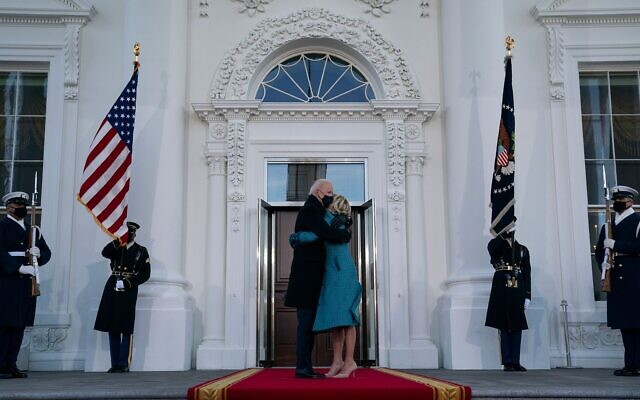
“Without the lightening rod of Donald Trump, we can finally focus on the policy differences of Democrats and Republicans. The down-ballot voting in November did not reveal a Biden ‘wave.’ The 74 million Americans who voted for Trump, many while holding their nose, favor smaller government, free-market capitalism, private property, freedom of speech, equal opportunity and rule-of-law. An erosion of these principles will be met with a swift reaction. The pendulum never stops swinging.”
- Dave Schechter
- News
- politics
- Joe Biden
- Donald Trump
- Democrat
- Republican
- Israel
- Middle East
- COVID
- COVID-19
- Coronavirus
- pandemic
- Eli Sperling
- Rabbi Ilan Feldman
- Congregation Beth Jacob
- Dan Israel
- Mike Wilensky
- Abbie Fuksman
- Dale Schwartz
- American Immigration Lawyers Association
- Paul Root Wolpe
- Victoria Raggs
- Ahavath Achim Synagogue
- Rabbi Laurence Rosenthal
- Republican Jewish Coalition
- Jon Barry



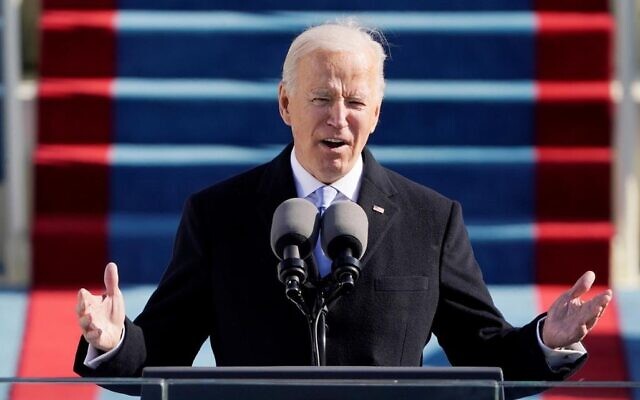



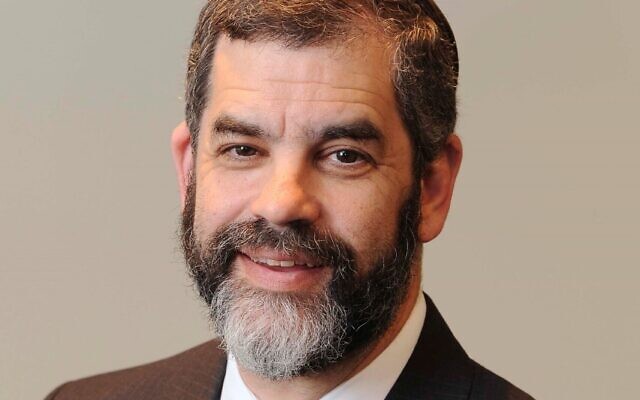




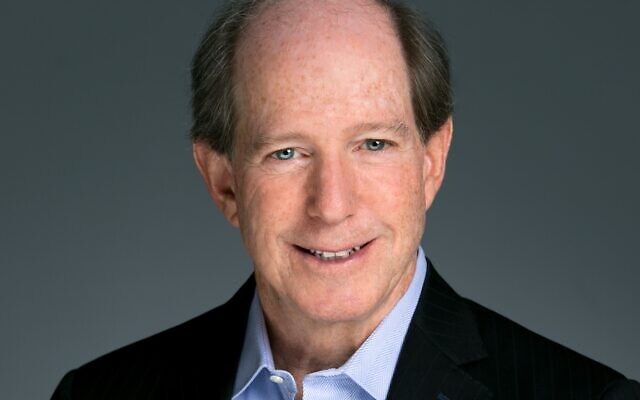

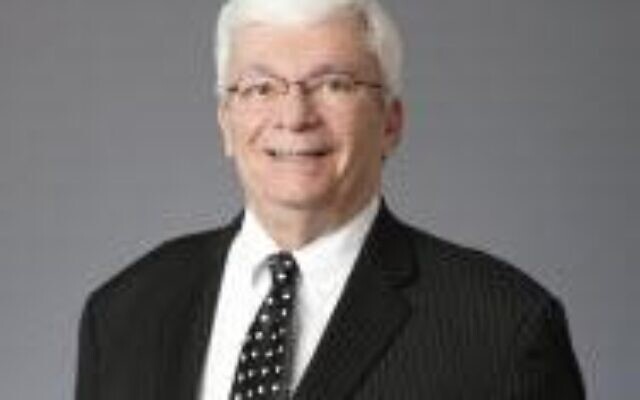
comments